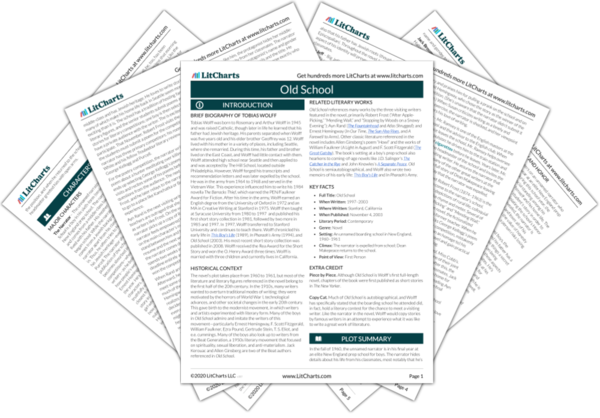Only through failure, learning, and humility is the dean then able to return to the headmaster to ask for his job back. And because he wanted to correct the situation and prove his integrity, he is rewarded in the fact that the headmaster chose to hire someone for a year only. While the headmaster’s request that he not set the record straight adds some complexity to the situation, the fact that the dean
wanted to be honest in resigning allows him to regain success at the school and return to it honorably.
